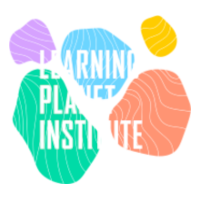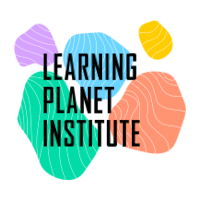A (very) grey morning of February in Paris that would have put some people off, but it doesn’t stop Manon Sala from turning up at the Learning Planet Institute with a big smile and a slight southern accent that brings a touch of sunshine into the room – “I’ve never had much of it, but from time to time it shows up“.
Manon Sala is in her first year of a doctoral thesis at the doctoral school FIRE – Frontières de l’Innovation en Recherche et en Éducation (Université Paris Cité / Université PSL / Learning Planet Institute). A keen researcher, she also makes podcasts and clearly enjoys meeting people around her favourite subjects: education sciences and the connection with all life. To coincide with the opening of applications for the FIRE doctoral programme, she agreed to share with us the story of her journey to the Institute.
Weaving the link between education and the living world
Manon took a few twists and turns between the end of her Masters studies and the start of her research project. After a master’s degree in sociology and political science at Sciences Po Strasbourg, then a specialisation in the 2nd year of a master’s degree in the sociology of health and of the environment in partnership with the Strasbourg Faculty of Medicine, she handed in her master thesis and found herself unsure of the path she wanted to follow.
“I had no idea what I wanted to do. I fancied doing research, but my teachers put me off a bit when I was doing a research master’s; they told me it was very hard, that there weren’t many jobs. They scared me.”
During her internship at the Council of Europe’s Democracy Division, in the Education Sub-Division, at the European Youth Centre: EYC Strasbourg – Youth, as a research intern, she evaluated and designed educational policies in line with the UN’s Sustainable Development Goals (SDGs). This work will provide food for thought for her future research project.
“The policies we designed included all the member states of the Council of Europe, i.e. an international scale comprising EU and non-EU states. We launched the first Advisory Committee on Climate Change with youth associations in February 2021: Advisory Committee: “The climate crisis, young people and democracy” – Youth“
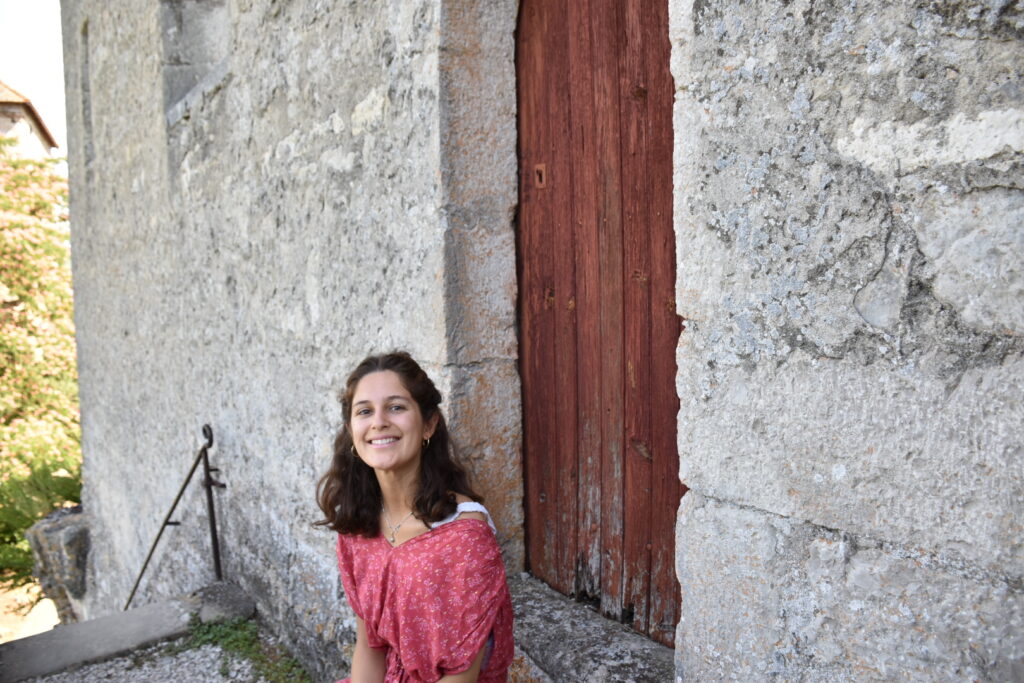
At the end of her studies, putting aside her interest in research, she moved back south to Toulouse and took on a voluntary service role at La Découverte, a primary school using alternative teaching methods. This small 2-level structure (nursery and primary) caters for around thirty children and is self-managed by the school’s parents. Three to four teachers run the classes, supported by two civic workers. Two different teaching methods are used to support the children’s learning:
- Freinet pedagogy: “a pedagogy based on the free expression of children” (Wikipedia)
- Montessori pedagogy: “a ‘scientific’ pedagogy based on an experimental approach and observations, with the aim of developing the child’s potential” (Wikipedia)
At school, Manon assists teachers during lesson time and designs workshops to reconnect people with nature and the living world.
“For me it was really new. That’s what I talk about in my thesis in a slightly more elaborate way: it was my first experiments in new or so called ‘transition’ pedagogies. My role was really to work on children’s relationship with living things.“
The living at the heart of Manon Sala’s intellectual journey
Manon has the soul of an explorer of the living world. Although she is committed to her studies, which combine sociology, politics, health and the environment, she is still hungry for more.
“I wasn’t at all happy with the way I had seen living things discussed. I thought it was very limited, very materialistic and rational. There was a sensitive scope that I was missing.“
As she finishes her Master’s degree, she finds herself with a bit of free time that she is eager to use for a more personal project. In 2021, she launched her own podcast, “Nouvelle Conscience” (“new consciousness”).
“I thought: I’m going to create a space for reflecting on global ecology, with this more systemic scope [that I was currently lacking]“.
She recalls her modest beginnings. She began by interviewing two of her close friends – an architect working in responsible construction and a psychologist working on the emotional approach to trauma. “From a practical point of view, it also allowed me to see what it’s like to create an interview with the aim of being recorded and listened to.“
With an episode every fortnight, and then every month – “now I’ve had to cut it down to one episode a month” – and one guest per issue, she meets many different people through her microphone.
She invites people who have inspired her personally, on subjects that she has not been able to explore in her academic life. She talks to shamans like Ghislaine Duboc, holistic psychotherapists, writers like Frédéric Lenoir, philosophers like Dominique Bourg “who dares to talk about the living and the sensitive“, and committed artists like Jade Verda of the Collectif Minuit 12 (whom we also interviewed at the LearningPlanet 2024 Festival). She also features people we know quite well: François Taddei – President of the Learning Planet Institute – in a recent episode, and Cloé Brami – oncologist, researcher, teacher and alumna of the FIRE doctoral school. She remembers this interview from the first year of her podcast:
“I was very inspired by her systemic approach to medicine and health. She talks a lot about the WHO’s vision of health as ‘a state of complete physical, mental and social well-being and not merely the absence of disease or infirmity’ […] Cloé Brami is an oncologist who practises traditional oncology and who is also using complementary medicine to treat her patients. The medicines we call ‘complementary’ here are medicines that complement traditional medical knowledge in France, such as medicines inspired by Chinese medicine, hypnosis and reflexology.”
Cloé Brami completed her thesis – as part of the FIRE doctoral programme – in psychology and the science of the mind. She is also responsible for teaching “Mindfulness and Medicine” at Université Paris Cité and is the founder of the “Mû Médecine”, a school of medicine and integrative health. In 2021, she and Margot Smirdec designed the MOOC “Méditation et médecine en 2021: éloge du care?” – to be broadcast in 2022, produced by the Learning Planet Institute.
I had studied for 5 years without being able to express that part of myself. I thought to myself: this podcast is mine, I don’t have to answer to anyone. I wanted to build bridges between more traditional Western knowledge and a decolonial approach, by questioning other approaches to the world. I wanted to create a dialogue between cultures, knowledge and energies.
Research is (her) calling
The idea of embarking on research has never completely left Manon. The podcast and her pedagogical work in the school near Toulouse allow her to explore new paths of innovation in education and fuel her thinking. These projects also give her new confidence in the field of research.
In 2022, she accepted a position as a political attaché to elected representatives in the Toulouse metropolitan area. Among other things, this gave her the opportunity to work with schools and develop new approaches to teaching about children’s well-being and their relationship with living things. The work she began at the time is still ongoing.
While working in her new position, she matured and reshaped her research project, determined this time to take the leap. In February 2023, she found a thesis co-supervisor and applied to the FIRE doctoral school at the last minute, submitting her application in the last 2 days of the application period. Following the selection process, her thesis was accepted and she joined the FIRE programme alongside around thirty other French and international students.
Manon is co-directed by :
- Angela Biancofiore – university professor and researcher (Université Paul Valéry Montpellier 3), artist and essayist,
- Cécile Renouard – professor of philosophy at the Centre Sèvres, lecturer at Mines Paris – PSL, Essec and Sciences Po Paris, scientific director of the “Codev – Entreprises et développement” research programme at the Institut Irené – Essec, founder of the Campus de la Transition.
“Cécile replied at extremis, just before the interview phase for the FIRE doctoral school. From the moment I submitted my application to the end, it was perfect timing!“
A research project on deploying the self
Manon’s research project combines subjects that are close to her heart: the deployment of the self as an individual in its environment. How do learning networks enable social engagement through the realisation of our interdependence as human beings? How can transition pedagogies, by means of eco-psychosocial skills, transmit an ‘ecological self’ that is itself at the service of transitions?
“In my doctoral thesis, I talk about the psychosocial and psycho-emotional approach. The eco-psychosocial approach is a concept that we are in the process of developing with one of my co-directors. So I’m not talking about health in the sense of ‘treating illness’ – I’m neither a doctor nor a psychologist – but what I’m interested in is how the individual can develop and be fully themselves in relation to the community – the social context in which they live – but also in relation to the earth, to living things.
How does the individual fit into society and its ecosystem? How do they express their personality and their own objectives, while at the same time taking care to fit into a social context – necessary for economic and emotional survival? What interests me is this deployment of the self.“
The concept of the “ecological self” was theorised by the Norwegian philosopher Arne Næss (1912-2009).
“Arne Næss was unusual in that he had a triple hat: philosopher, activist and mountaineer. He was at once in the world of thought, of embodied thought and of action, and at the same time he had this physical bond with the mountains, the rivers, his living environment. I’ve never been to Norway yet, but I’m trying to immerse myself in his writings, in what he felt that led him to theorise this ‘ecological self’.”
According to Næss, the individual is connected to the places that surround him or her and, more generally, to living species. In this context, the purpose of the ecological self is to give rise to this feeling of interdependence with all living species. It’s about repositioning human beings in ecosystems, with a vision of all species as equals. (Wikipedia)
There is a fine line between this and a form of holistic thinking in which the differences between species are erased, as Baptiste Morizot (philosopher and lecturer at the University of Aix-Marseille) and a number of philosophers in the United States have pointed out and criticised.
“For me, Næss’ thinking does not say that: we maintain our particularity as a human, or as a plant, or as an animal, but our rights will derive from our position, the ethics are adapted to the link that connects living species. For me, it’s about giving fair rights to living entities. This is a movement that can be seen particularly among defenders of the rights of nature and it tends to destabilise and even frighten people in Western countries.”
Manon’s research project focuses in specific on the politicisation of this ecological self, i.e. how the ecological self can take shape at different political levels. She distinguishes three levels of politics:
- the micro-political: the experience, the lived experience, the feeling of the individual
- the intermediate or community political level: how the ecological self translates into the group, the community, the ecosystem to which the individual belongs
- the macro-political level: how political institutions can embody this ecological self
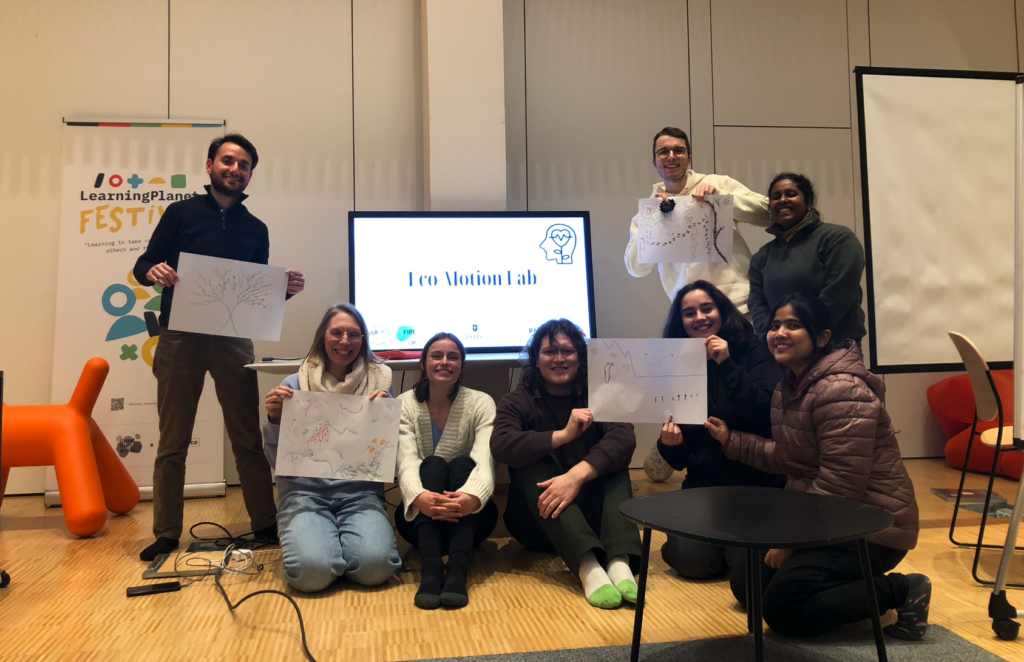
In February 2024, as part of her thesis, she started the Ecomotion Lab with a group of around ten people. Anyone interested is welcome, and the group brings together students, teachers, researchers and others. The Ecomotion Lab meets once a month and serves as Manon’s research field, experimenting with transitional pedagogies linked to the ecological self.
To find out more about the Ecomotion Lab, contact Manon Sala directly via this link or and social media.
The Institute, an environment that fosters dialogue and creativity
Manon has energy to spare and a lot to share. “What I love about the Institut is that students are really given a lot of freedom. The projects I’ve been able to work on have come about naturally.”
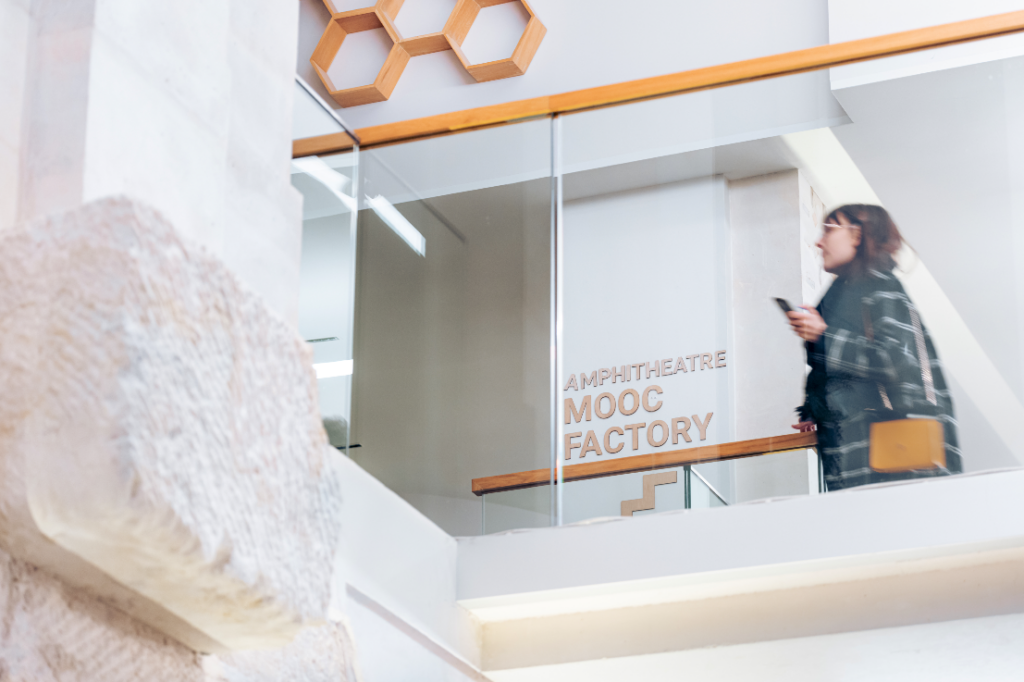
And with good reason: after only a few months at the Learning Planet Institute, she is also a lecturer for AIRE Masters students as part of the ‘Exploring sustainability’ course. She was also given carte blanche to give a masterclass in which she introduced a philosophical debate – “It was just too good! In short, I had a blast, and I hope the students did too.” Projects that came about “by ricochet”.
“I first met Emmanuelle Donnard and Léo Houdebine from the Institut des Défis, who suggested that I teach master’s students. Alice Robineau then suggested I do a masterclass. Next I spoke to Yaneth Ramos, who told me about student clubs. You can always find people who can help you put your idea into practice, even if it’s a bit innovative. There are always people with an open heart who listen without judgement. I even got to meet François Taddei, who took part in the Nouvelle Conscience podcast; that was a really nice moment.“
As a doctoral student, she appreciates the quality of the support and the high standards of the FIRE programme:
“We have a lot of course hours, more than in other doctoral schools, since we have to validate 300 hours of training over 3 years, whereas traditional doctoral schools require 100 hours. This means that we have to take courses and keep up our training, whether it’s learning about scientific communication, public speaking or even – and this one particularly stood out for me – about well-being and mental health as a doctoral student.“
She also emphasises the close links with other doctoral students – they meet every fortnight for interdisciplinary seminars. These exchanges open up new perspectives: the thesis topics selected at FIRE range from neuroscience to microbiology, via sociology and education sciences.
“FIRE has a real openness to the international scene, to interdisciplinarity and also to originality and creativity. A crucial point for me is that this is a doctoral school where all the thesis topics are committed to and focused on ecological and social issues. (…) I finally feel that I belong here.”
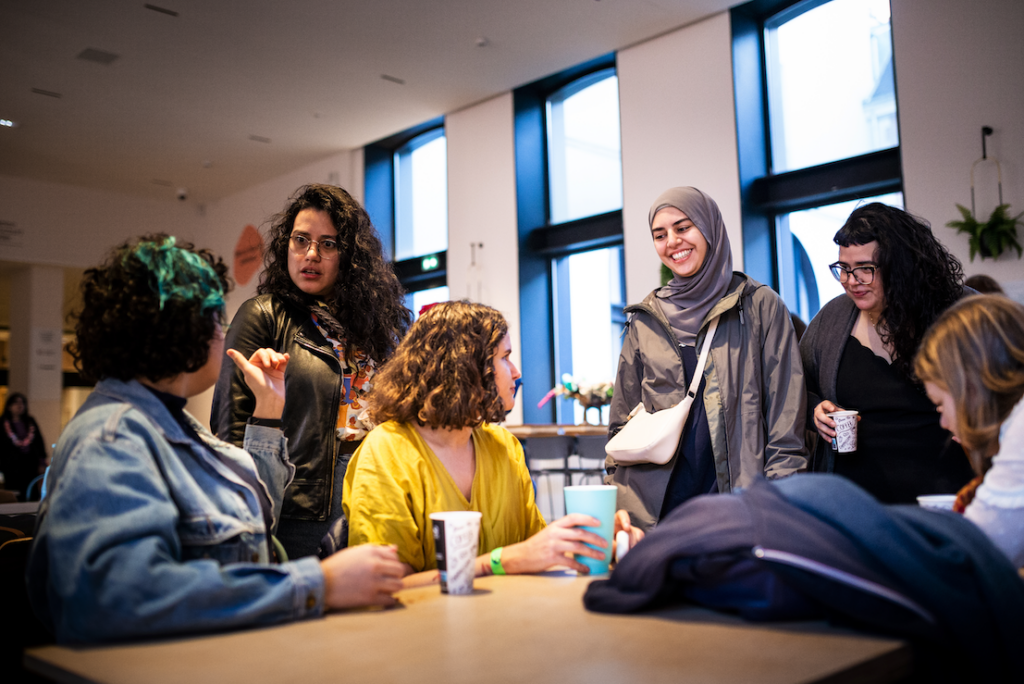
As our interview is drawing to a close, she takes the time to draw the attention of all applicants to the FIRE doctoral school to the following:
Even if your research proposal doesn’t fit into all the boxes, even if the application to be submitted can be frightening, you have to give it a go. The selection process is intense but they [the FIRE pedagogical team] are very open and willing to listen.
As we part ways, we look forward to the next chapter of her adventures. Manon Sala’s new project is a big one: she’s publishing a book about her podcast. See you at the start of the 2024 literary season!
Find out more about:
FIRE is an international and interdisciplinary doctoral programme, accredited by Université Paris Cité (UPC), co-accredited by Université Paris Sciences et Lettres (PSL) and hosted on the Learning Planet Institute campus.
It welcomes doctoral students wishing to contribute to the implementation of the Sustainable Development Goals, by exploring new disciplinary interfaces and using innovative methodologies.
The FIRE doctoral school welcomes research projects that cannot find a place in the usual laboratory doctoral school because of their unconventional nature.
- Manon Sala’s podcast Nouvelle Conscience (in French)
In her search for a systemic understanding of ecology, Manon Sala interviews researchers, authors, therapists and shamans who propose a vision of the world in connection with Life and Nature, both human and environmental.
Nouvelle Conscience Podcast is available in French on all listening platforms.
- the MOOC “Meditation and medicine in 2021: a eulogy of care?” by Cloé Brami and Margot Smirdec, produced by the Learning Planet Institute (in French)
A 5-part exploration of mindfulness meditation in medicine, questioning the culture of care and the meaning of caring for oneself and others.
In April 2020, in the midst of the 1st wave of COVID, and immersed in research work and the roll-out of the Health&Care Lab, Cloé Brami met Margot Smirdec. A few months later, they co-created this 5-part documentary to share the care that sustained them and linked them to the world during their studies, and which continues to drive their relationship with life, finitude and caring for others.
Because taking care of oneself has become an essential part of cultivating a sense of care – because the pandemic has highlighted the vulnerability, and even more the suffering, of medical students and carers, which had existed for a long time – it now provides an opportunity to question learning, the meaning of care and the role of a carer.
A project supported by Université Paris Cité, the Centre Jean Perrin and Tep Care. With Cécile Badoual, Grégory Baptista, Angela Biancofiore, Jean-Michel Constantin, Xavier Desplas, Claire Kéfalas, Margot Ladroue, Antoine Lutz, Katell Ménard, Soizic Michelot, Grégory Ninot, Emilie Olié, Frédérique Penault-Llorca, Marie-Aude Piot, Arnaud Poublan, Véronique Roux, Jordan Sibeoni, François Taddéi, Patrick Visseq, David Viala, Jessie Abichara, Perrine Bastos, Solène Blanchin, Haddi-Emile Chebbaki, Victor Di Martino, Maël Esnault, Guillaume Genin, Léna Glasberg, Raji Venou
